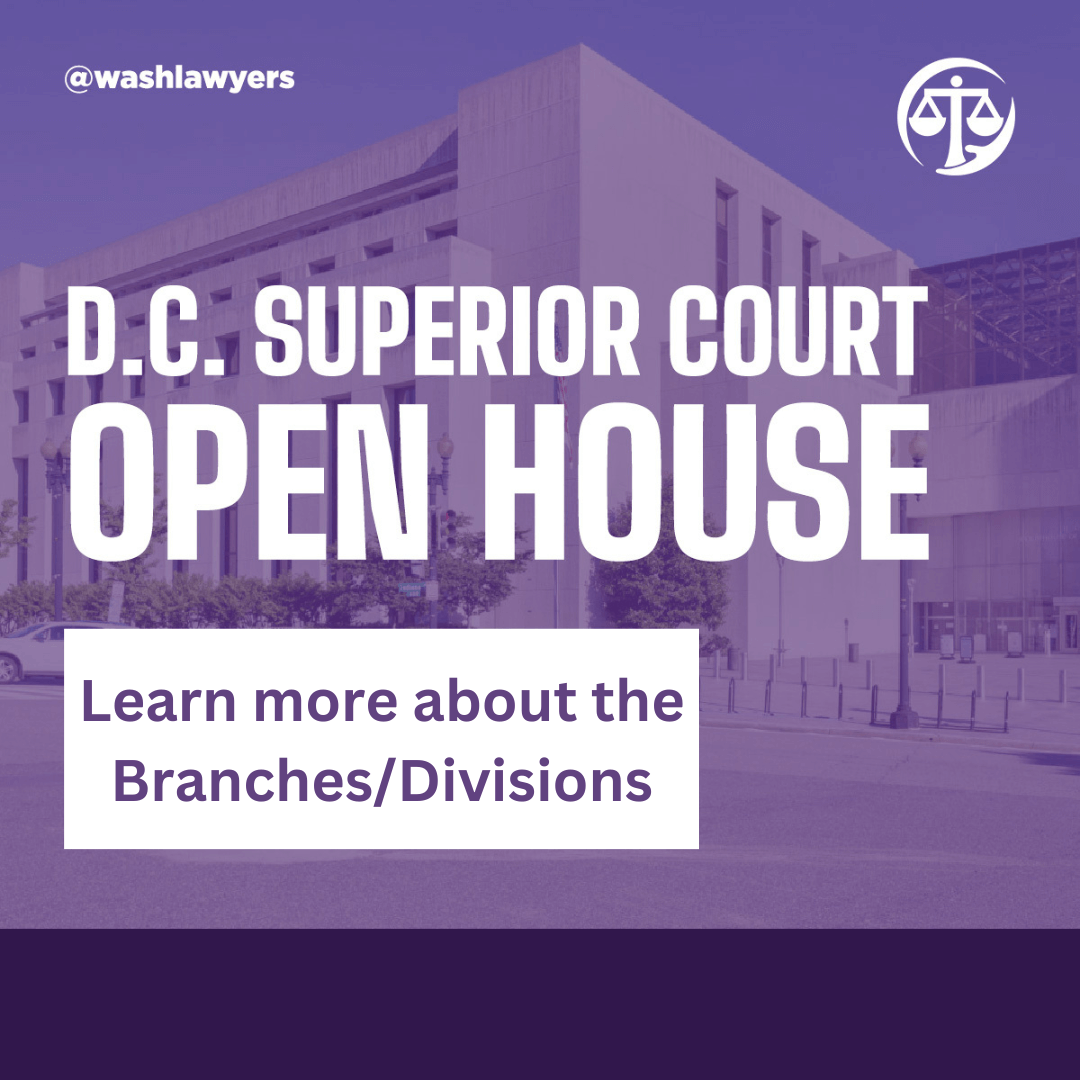
Superior Court Landlord and Tenant Branch
The Landlord and Tenant Branch of D.C. Superior Court adjudicates complaints for the possession of real property, commonly referred to as eviction cases. A landlord may file a complaint for possession against a tenant. Approximately 95% of the tenants sued for eviction in the Landlord and Tenant Branch are not represented by counsel. Only about 5% of landlords are unrepresented.
D.C. is one of the few jurisdictions that is limited to “for cause” eviction. This means that a landlord may only evict a tenant if the tenant has breached the lease in some way, or if the landlord is proceeding under a few, rare, statutory exceptions. The end of a lease term is not sufficient cause for eviction. In other words, if a one-year lease has been signed by all parties, the fact that the year has ended does not give rise to a complaint for possession of real estate. The tenant may continue living in the unit, and the lease automatically goes month-to-month.
The majority of eviction cases filed in the Landlord and Tenant Branch involve allegations of non-payment of rent and/or breach of a particular lease provision.
In cases alleging non-payment of rent, tenants often have technical and/or substantive defenses, including that the landlord has failed to maintain the rental property in accordance with the D.C. Housing Regulations. Tenants also may assert a counterclaim for rent overpayments to the landlord while the property was not in substantial compliance with the D.C. Housing Regulations, including periods prior the lawsuit. Even where judgement is entered against a tenant in a case involving non-payment of rent, the tenant can avoid eviction if they pay the full rent arrearage at any point prior to the eviction taking place.
In cases alleging a lease violation other than nonpayment of rent, the tenant has an opportunity to cure the alleged violation within 30 days prior to the landlord being able to file a complaint for possession in the Landlord and Tenant Branch. A landlord must provide notice to the tenant of the alleged violation and include enough detail to allow the tenant a meaningful opportunity to cure the alleged violation. Commonly alleged lease violations include having an unauthorized person living in the rental unit or interfering with other tenants’ “quiet enjoyment” of the property.
Tenants can make a jury demand at the beginning of an eviction case; however, it is extremely rare that a case proceeds all the way to a jury trial. Bench trials are more common, though the vast majority of cases are settled prior to trial. Parties are required to participate in mediation prior to any scheduled trial date.
Initial hearings, further initial hearings, status hearings, and some motion hearings in the Landlord and Tenant Branch currently are being held virtually unless the judge orders otherwise. Trials and contested evidentiary hearings are being held in person.






